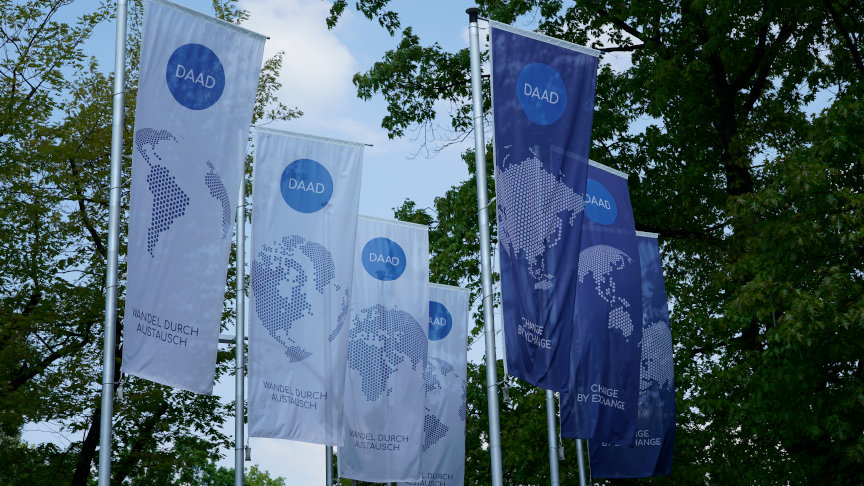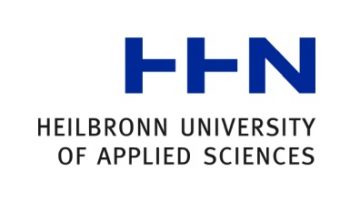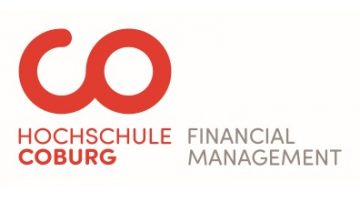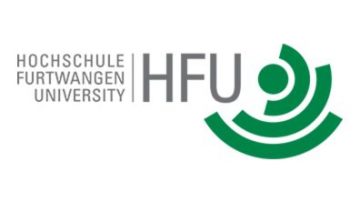About the DAAD

Who We Are
Originating from a student initiative in 1925, the DAAD has developed into a registered association of German universities and student bodies. Today, it supports academics worldwide and promotes the internationalisation of German universities.
It also assists developing countries in establishing efficient universities, strengthens the German language and German studies abroad and advises on issues of education, foreign science policy and development policy. The DAAD also administrates the Erasmus+ National Agency for EU Higher Education Cooperation.
Our Network
The DAAD headquarters are located in Bonn. Additionally, the DAAD maintains an office in Berlin, to which the renowned Artists-in-Berlin Program (BKP) is affiliated. A worldwide network of Regional Offices, Information Centres and a variety of Lectureships keeps contact with partner countries on all continents and provides advice for students, researchers and higher education institutions on site.
Our Fields of Activity
Awarding Scholarships
By supporting outstanding students and researchers, the DAAD prepares future specialists and managers for responsible action. The DAAD creates lasting connections throughout the world and supports the professional and cultural networking of its scholarship holders, alumnae and alumni.
Promoting the Internationalisation of Higher Education Institutions
The DAAD supports higher education institutions in their internationalisation strategies and helps to shape the European Higher Education and Research Area. It also advocates German as a language of science and a Europe of multilingualism.
Science Cooperations
Thanks to its staff in Germany and abroad, the DAAD has extensive experience with cooperations among higher education institutions and science systems worldwide. It can, therefore, provide important impetus for the internationalisation of research and science and advise on strategic decisions.
Funding
The DAAD is mainly funded by the Federal Foreign Office, the Federal Ministry of Education and Research, the Federal Ministry for Economic Cooperation and Development and the European Union. Other funding bodies include foreign governments, foundations and the Stifterverband für die Deutsche Wissenschaft.





